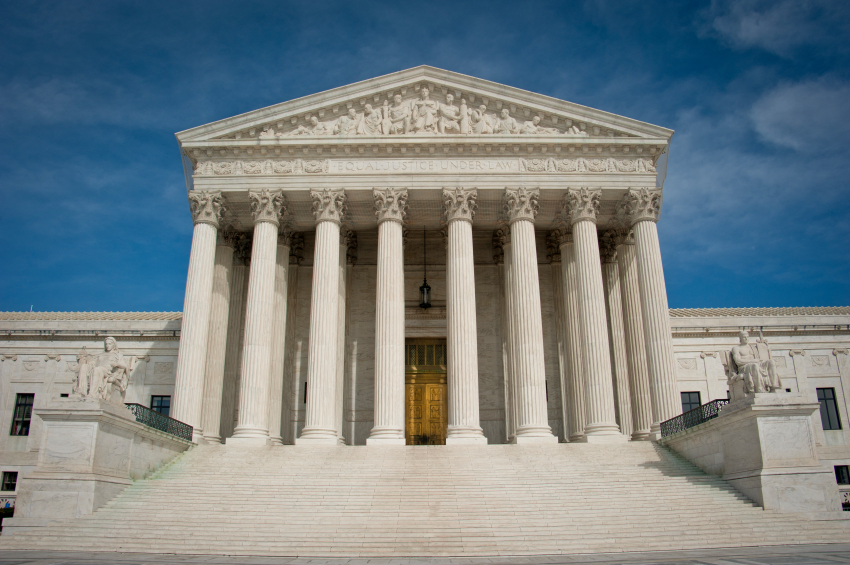A stunning decision by the U.S. Supreme Court called ‘time out’ on the enforcement of the Clean Power Plan (CPP) until legal challenges are resolved. The main question that must be answered is whether the Environmental Protection Agency (EPA) even has the legal authority to impose these regulatory requirements on existing power plants under Section 111(d) in the first place.
Last August the EPA issued the final CPP rule, limiting carbon emissions from power plants. The goal of the CPP is to reduce carbon emissions from power plants 32 percent from 2005 levels.
Michigan, along with many other states, was in the process of developing a strategy to achieve that goal. The original deadline required Michigan to show it was on a path to developing a plan to comply by September 2016. In light of the Supreme Court decision this deadline is gone. It is unclear if Michigan will continue with state carbon rule plan activities without the deadline.
The Michigan Agency for Energy (MAE) said it has asked its attorneys to review the U.S. Supreme Court’s ruling staying the federal Clean Power Plan rule. Once that review is complete, MAE will announce how Michigan will proceed. Regardless, 11 coal-fired plants in Michigan are closing by 2020, which will help the state clean up air pollution and meet carbon rules.
The case is likely to reach the Supreme Court. If that happens, the fate of the rule will not be determined before a new presidential administration comes into power in 2017.
This ruling is significant in the short-term; however, this ruling does not change a few key facts, many coal plants will retire, new natural gas plants will be built, and the EPA is required by law to implement some form of a carbon rule. Stay tuned as things evolve in the months ahead.
